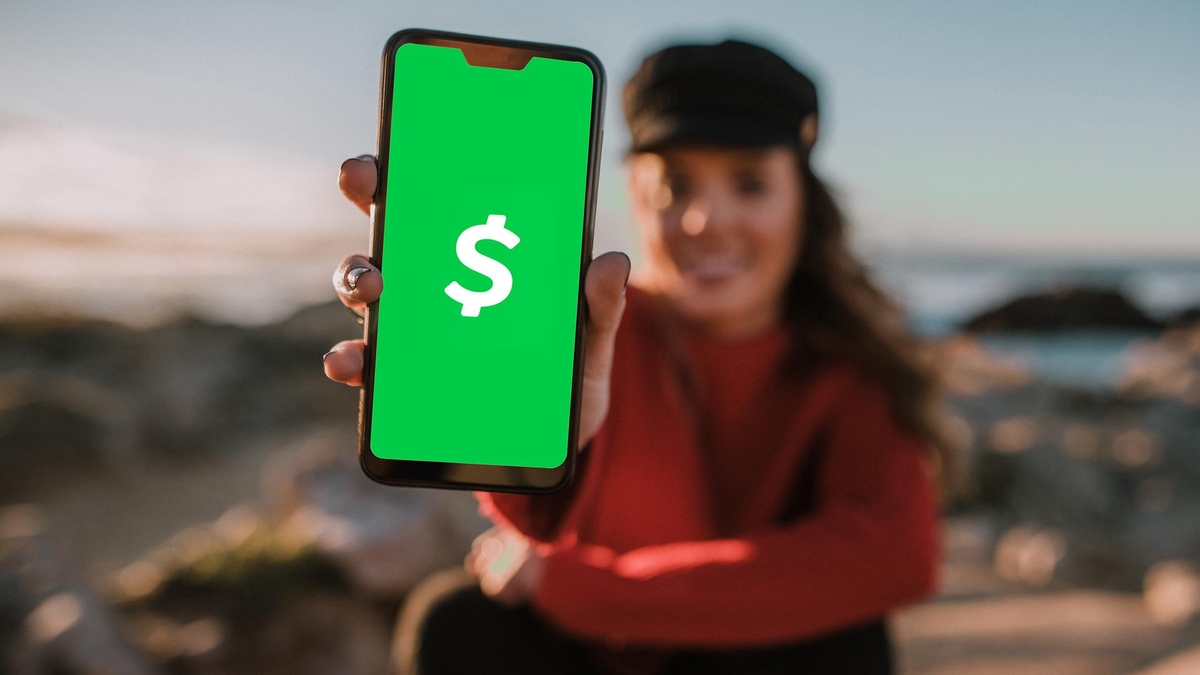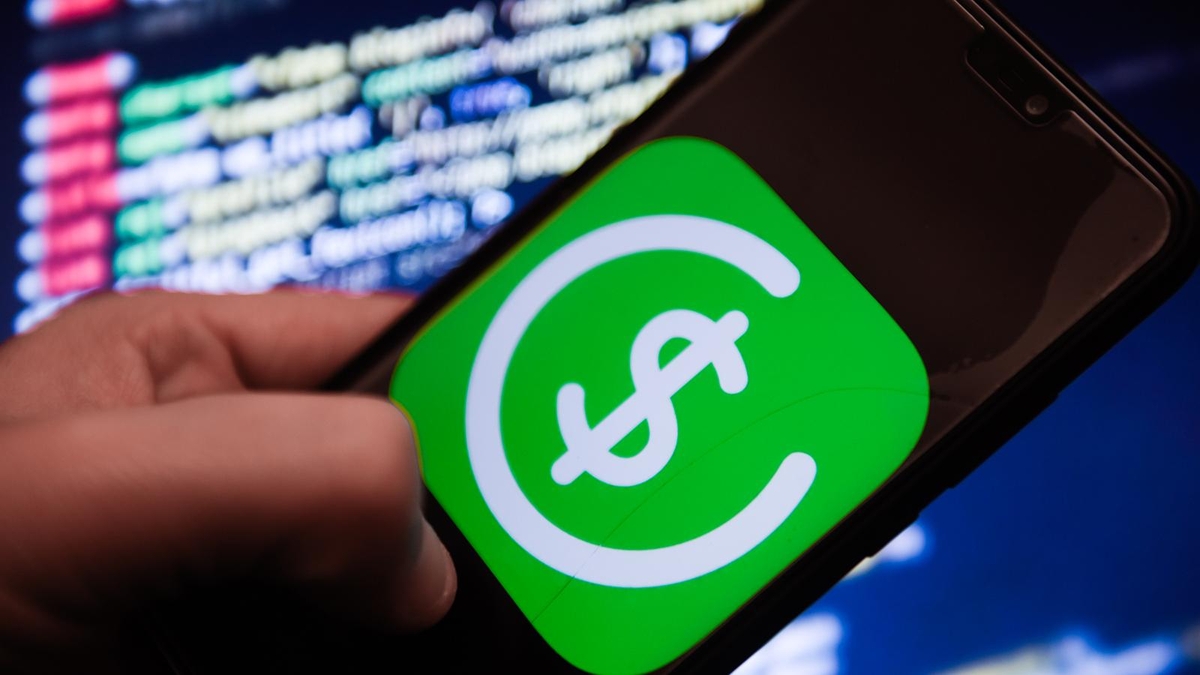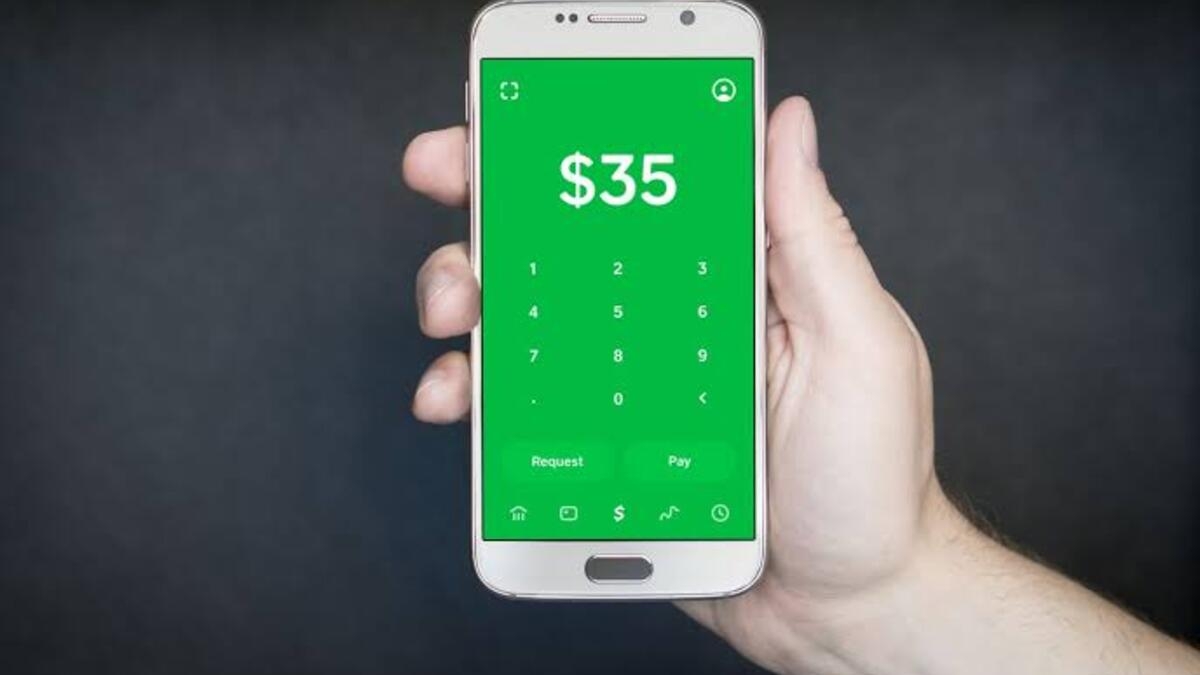11 cash app fee questions (quick answers!)
Are you tired of being charged unexpected fees when using Cash App? Do you find yourself constantly scouring the app for information on fees and charges? Look no further, we have compiled a list of the most commonly asked questions regarding Cash App fees!

Cash App has become a popular way for many people to handle their financial transactions. However, with its convenience comes fees that can add up quickly if you’re not careful. Understanding the fees associated with Cash App can save you money in the long run.
In this article, we will provide you with quick answers to 11 of the most commonly asked questions about Cash App fees. From transaction fees to ATM withdrawals, we’ve got you covered. So, before you make your next transaction, read through these common questions to ensure you understand how much you will be charged for using the app.
11 Cash App Fee Questions (Quick Answers!)
Are you new to Cash App and unsure about its fees? Or maybe you’re a long-time user who needs a refresher on the different fees associated with the app. Whatever the case, we’ve got you covered with quick answers to 11 common Cash App fee questions.
1. Is Cash App free to use?
Cash App itself is free to use, but there are fees associated with certain transactions, such as sending money with a credit card.
2. What are the fees for sending money with a credit card?
There is a 3% fee for sending money with a credit card.
3. Are there fees for sending money with a debit card?
No, there are no fees for sending money with a debit card.
4. Are there fees for receiving money on Cash App?
No, there are no fees for receiving money on Cash App.
5. Is Cash App Instant Deposit free?
No, Instant Deposit has a 1.5% fee for the total amount deposited.
6. Are there fees for using Cash App with a business account?
Yes, Cash App charges a 2.75% fee for business transactions.
7. Is there a fee for transferring funds to a linked bank account?
No, there are no fees for transferring funds to a linked bank account.
8. Are there fees for using a Cash Card?
No, there are no fees for using a Cash Card. However, ATM transactions may have fees from the ATM operator.
9. Is there a fee for ordering a Cash Card?
No, there is no fee for ordering a Cash Card.
10. Is there a fee for cashing out Bitcoin on Cash App?
Yes, there is a variable fee for cashing out Bitcoin on Cash App. The fee is always displayed before the transaction is finalized.
11. How does Cash App make money?
Cash App makes money by charging fees on certain transactions, such as sending money with a credit card or using the Instant Deposit feature.

Is There a Fee to Send Money with Cash App?
Yes, if you are sending money with Cash App, there is a fee involved. The fee depends on the payment method you choose; instant payments cost 1.5% of the total transaction amount and standard payments cost nothing.
You can also send money for free using a bank transfer, but this may take several days to process. When you receive money from someone using Cash App, there is no fee charged by Cash App itself. However, your bank may charge a standard processing fee or transfer fee depending on their policy.
Are There Any Other Fees?
Yes, there are other fees that Cash App may charge. For example, if you want to use Cash App to purchase Bitcoin or stocks, there is a purchase fee involved. The fee depends on the asset being purchased and the amount of the transaction.
Additionally, Cash App charges a 1.5% fee for payments made using credit cards, and a 3% fee if you use an international debit card or prepaid card to send money. If you use Instant Transfer to transfer funds from your bank account to another person’s bank account, there is a 1% fee (up to $10 max). Finally, when you receive money from someone using Cash App, they may be charged an additional processing fee by their bank depending on their policy.
How Can I Avoid Paying These Types of Fees?
Cash App offers several ways to avoid paying unnecessary fees. Firstly, if you plan on purchasing Bitcoin or stocks, it’s best to use a direct connection from your bank account or debit card instead of a credit card. This will avoid the 1.5% fee that comes with using a credit card. Additionally, it’s best to use Cash App direct deposits for sending money abroad as this will avoid the 3% fee associated with international debit cards and prepaid cards.
If you need to send money quickly, Instant Transfer is an option but be aware of the 1% fee (up to $10 max) associated with this service. Finally, make sure the person you are sending money to is enrolled in Cash App so they don’t get charged an additional processing fee by their bank. By following these steps, you can save some money and ensure your payments go through smoothly.
Is There a Fee to Receive Money With Cash App?
The short answer is no – there is no fee to receive money with Cash App. When you receive a payment, the funds will be immediately available in your Cash App balance or linked bank account. You can also choose to invest the money in stocks, Bitcoin, and other investments.
The only time there may be a fee is if the payment is sent from an international debit card or prepaid card. In this case, the sender will be charged an additional 3% processing fee by their bank. It’s best to check with the sender before sending them money via Cash App just to make sure that they are aware of any potential fees associated with their payment method.
What Other Types of Fees Might Apply When Receiving Money?
When receiving money with Cash App, there are other types of fees that may apply. For example, if you choose to transfer the funds from your Cash App balance to a bank account, you will be charged a 1.5% fee.
Additionally, if you are sending or receiving money internationally, there may be currency exchange fees associated with the transaction. The amount of the exchange fee depends on the type of currency being exchanged and the rate at which it is exchanged.
Finally, if you are using Cash App to receive payments for goods and services, there may be additional fees associated with processing those payments as well. It’s important to take all these potential fees into consideration when deciding how to receive money through Cash App.
How Can I Avoid Paying These Types of Fees?
Many of the fees associated with using Cash App can be avoided by taking a few simple steps. First, make sure to transfer funds from your Cash App account to your bank account as soon as possible in order to avoid any transfer fees.
Second, if you are sending or receiving money internationally, opt for cash transactions instead of digital transfers in order to avoid currency exchange fees. Finally, it may be beneficial to use an alternative payment processor when accepting payments for goods and services in order to bypass any processing fees associated with Cash App. By taking these simple steps, you can save yourself both time and money when using Cash App.
Is There an ATM Fee for Using Cash App Funds?
Using the Cash App to withdraw funds from an ATM is an easy and convenient way to access your money. However, it’s important to note that there may be fees associated with this service. For example, if you use an out-of-network ATM, you may be subject to a fee of up to $2.50 for the transaction. Additionally, depending on the ATM you use, your bank or credit union may also charge a fee for using their services.
It’s important to check with your financial institution before withdrawing funds from an ATM in order to avoid any unexpected fees. If you find yourself needing cash but don’t want to pay ATM fees, consider using a Cash App debit card instead which will allow you to make purchases directly from your Cash App account without having to withdraw money from an ATM.
Are There Other ATM-Related Fees or Surcharges That May Apply?
Yes, there are other ATM-related fees or surcharges that may apply when using the Cash App for withdrawing funds from an ATM. These can include a network access fee, international withdrawal fee, and/or a foreign transaction fee. The network access fee is charged by the ATM provider for allowing you to access their services.

An international withdrawal fee is usually applied when you use an out-of-network ATM in another country. Lastly, a foreign transaction fee is often charged when you use your Cash App debit card to make a purchase outside of the United States. It’s important to be aware of these fees so that you don’t end up with unexpected charges on your account.